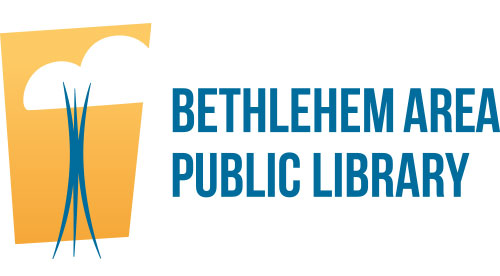St. Luke’s University Health Network Partners With Local Organizations To Increase Childhood Literacy, Health
Along with doctorly advice about eating your vegetables and washing your hands, patients visiting St. Luke’s pediatric offices have started hearing from their doctors about the importance of reading. The program is a partnership between St. Luke’s University Health Network, the Bethlehem Area Public Library (BAPL), and other providers of youth literacy programs in the area.
To stress the importance of literacy, doctors at several pediatric offices have begun distributing a library-created calendar that includes a full listing of library storytimes as well as literacy events held at community partners including PBS39, Banana Factory, and the Bethlehem Township, Center Valley, and Lehigh Valley Mall Barnes & Nobles. The calendars are being printed by St. Luke’s and distributed to all families visiting ABW Pediatrics, Kidscare Bethlehem, and the St. Luke’s Medical Center on Easton Avenue. The plan is to expand the program to other offices following this pilot period.
So why did St. Luke’s decide to prescribe books as part of a doctor visit?

Kelly Berk, Network Director of Community Care Coordination at St. Luke’s
“Simply put, literacy is part of a person’s success in life,” says Kelly Berk, Network Director of Community Care Coordination. “In order to maintain good health and have overall positive life course outcomes, we need to get kids off to a good start when it comes to reading.”
There are a number of community organizations that have these types of events, but before this initiative there was not one centralized place where they were all listed. All the events included on the St. Luke’s calendar are free and open to all—an important detail to note. Access to reading materials should not be limited to children because of economic status or other factors.
“We have a lot of disparities in the Lehigh Valley and there is not an equitable chance for success,” Berk says. “So many kids are starting off behind. We need to get families no matter their zip code talking, singing, and reading to their kids. We want all kids on a path to academic success, and that path starts at birth.”
Berk notes that 80% of a child’s brain is developed by the age of three, making early learning experiences critical to future success. “What better way to get families doing this than through free storytimes? These are fun experiences that teach the joy of reading and give kids exposure to lots of words and lots of books.”
The direct connection pediatricians have with families and children makes them ideal messengers to spread the word. They have an opportunity to touch families and teach them how to best support their child in all ways—including reading. Early next year, pediatricians will be scheduled as guest readers at library events, further reinforcing the message to their patients.
“One of the things we know is that there is a direct correlation,” Berk says, “between the number of books you have access to growing up and the salary you make as an adult.”
Thanks to the library, the number of books kids can access is limitless.

